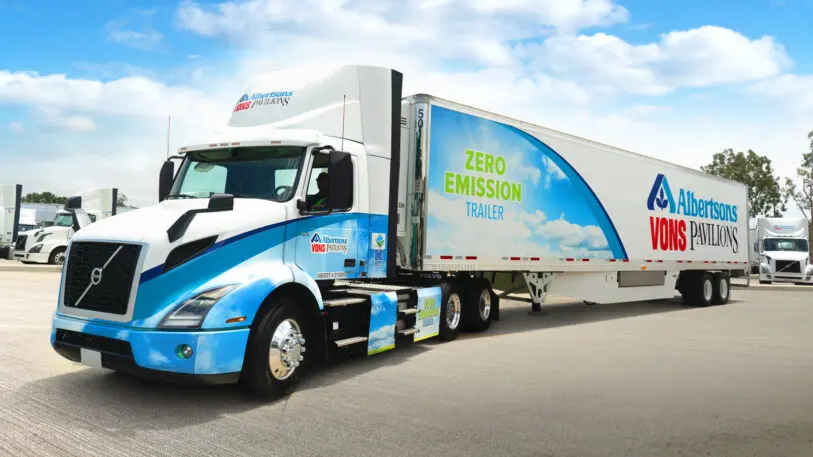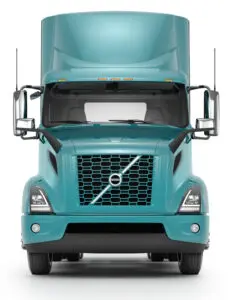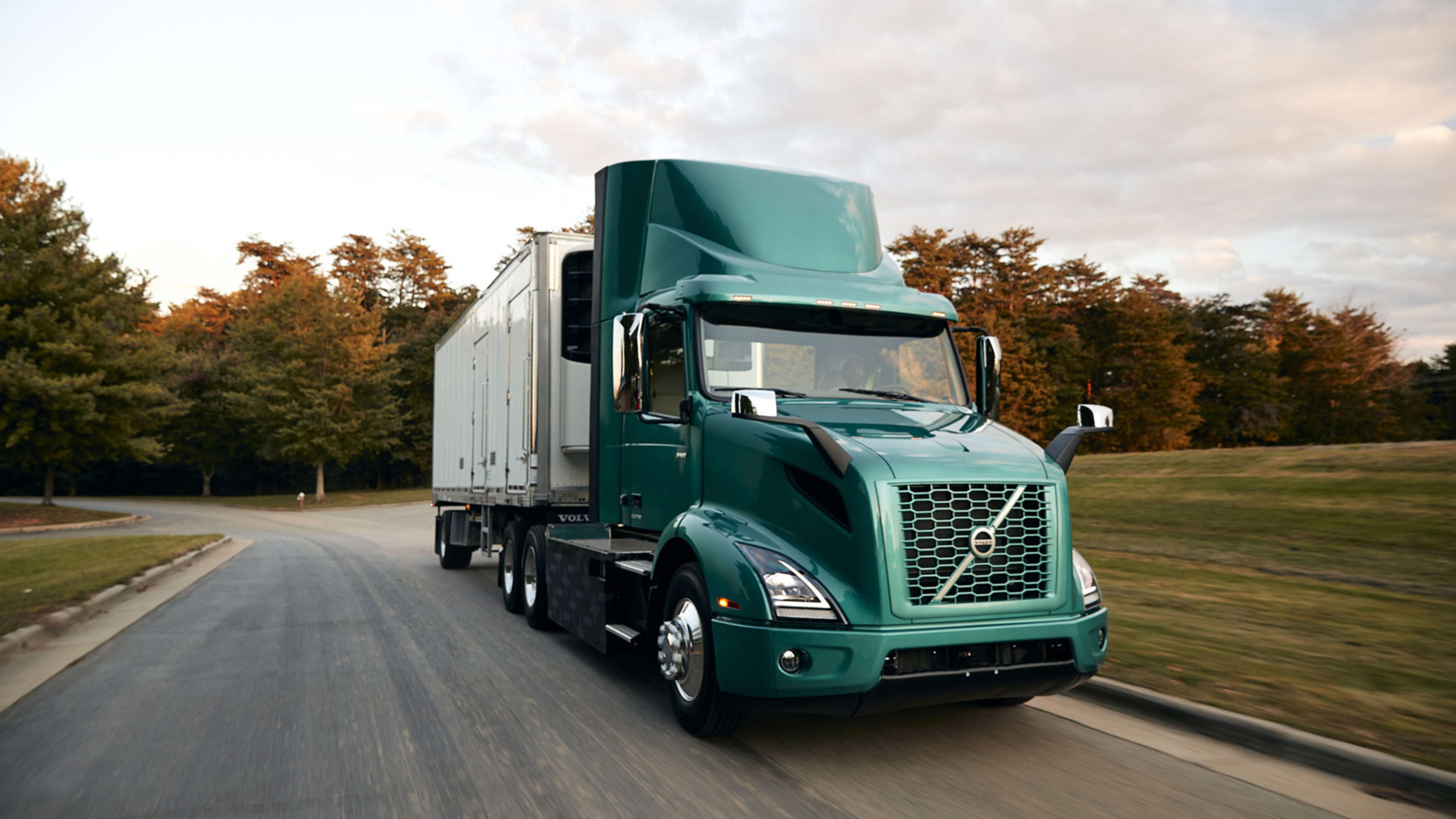When a semitruck pulled into an Albertson’s supermarket in Irvine, California, today to deliver groceries, it was quieter than usual—and no diesel exhaust was pumping out of the back. For the first time, the grocery chain is beginning to use large, heavy-duty electric trucks.


The trucks are part of a public-private partnership called LIGHTS (Low Impact Green Heavy Transport Solutions), funded by California’s cap-and-trade program, that looks at the whole ecosystem of what’s needed to shift large trucks to electricity. Volvo helped advise Albertson’s on setting up electric chargers, since no public chargers for semis are available. The local electric utility is part of the program, so it understands when more electricity will be needed for charging. Local colleges are training technicians in how to make repairs. The local ports, two of the largest in the country, are also part of the program, which will run for three years.
Volvo is leasing the trucks to customers in the program, rather than selling them (the trucks are now in production at Volvo’s plant in Virginia for commercial sales), and the funding from the state will keep costs low. “One of the objectives of the LIGHTS program is to try to get the trucks in as many customers’ hands as we can,” Pope says. The program and its subsidies “allows us to come in with a very attractive financial offer, and it removes that barrier and allows these these customers to be able to get in and to try it out.”
Recognize your brand’s excellence by applying to this year’s Brands That Matter Awards before the early-rate deadline, May 3.
